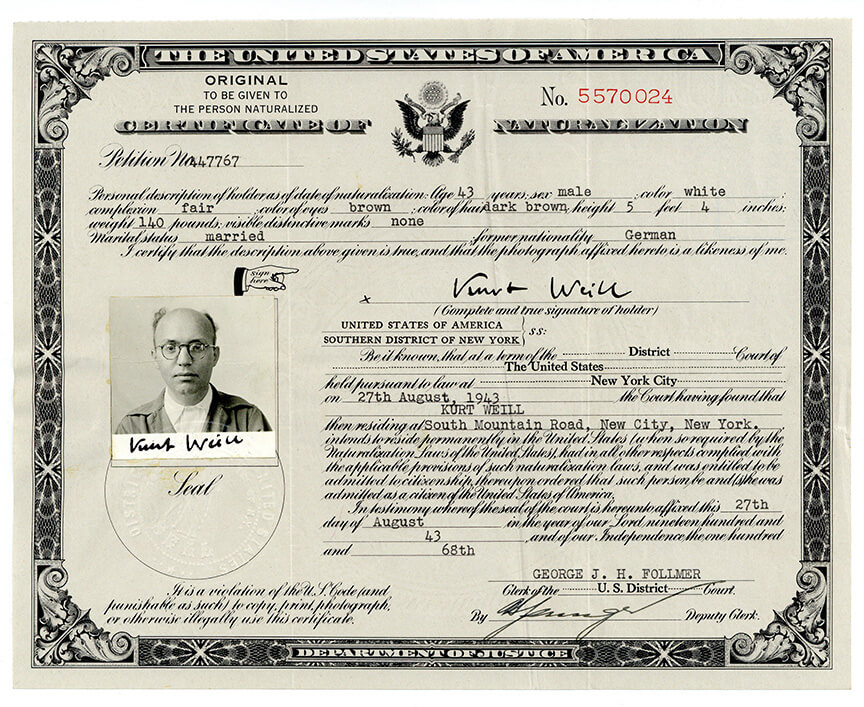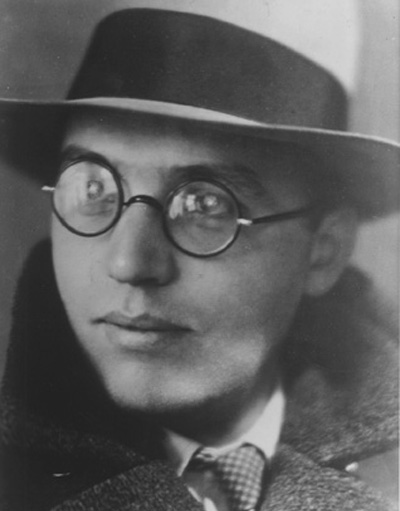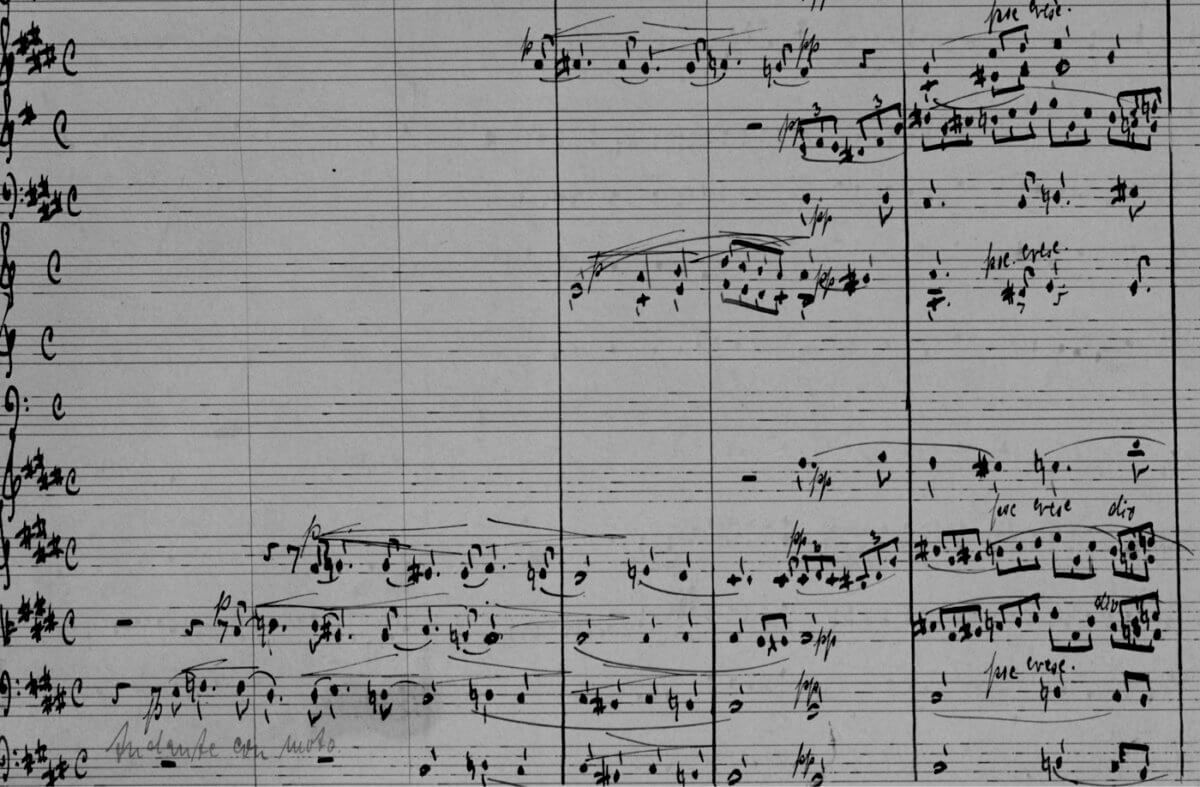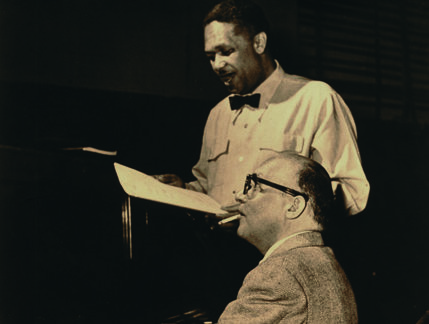The Life & Career of Kurt Weill
Overview and insight relating to Kurt Weill's life and career, through a media-rich timeline, detailed chronology and prose biography.
Through a rich combination of image, sound and text, the Timeline presents in five segments an illustrated sequence of significant moments in Kurt Weill's life and career.
Born into a religious and musical family, the young Kurt Weill's talent impresses his peers and teachers early on. He takes full advantage of the resources in his home town, Dessau (known as the “Bayreuth of the North”), to gain a thorough grounding in musical theater.
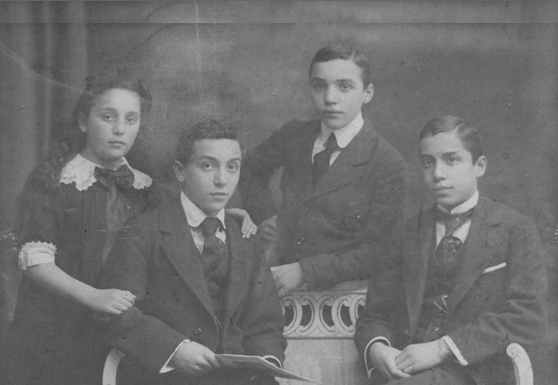
Weill moves to Berlin, a cauldron of artistic experimentation and one of Europe’s leading cultural centers. He throws himself into its musical life as he completes his studies and reaches maturity as a composer.
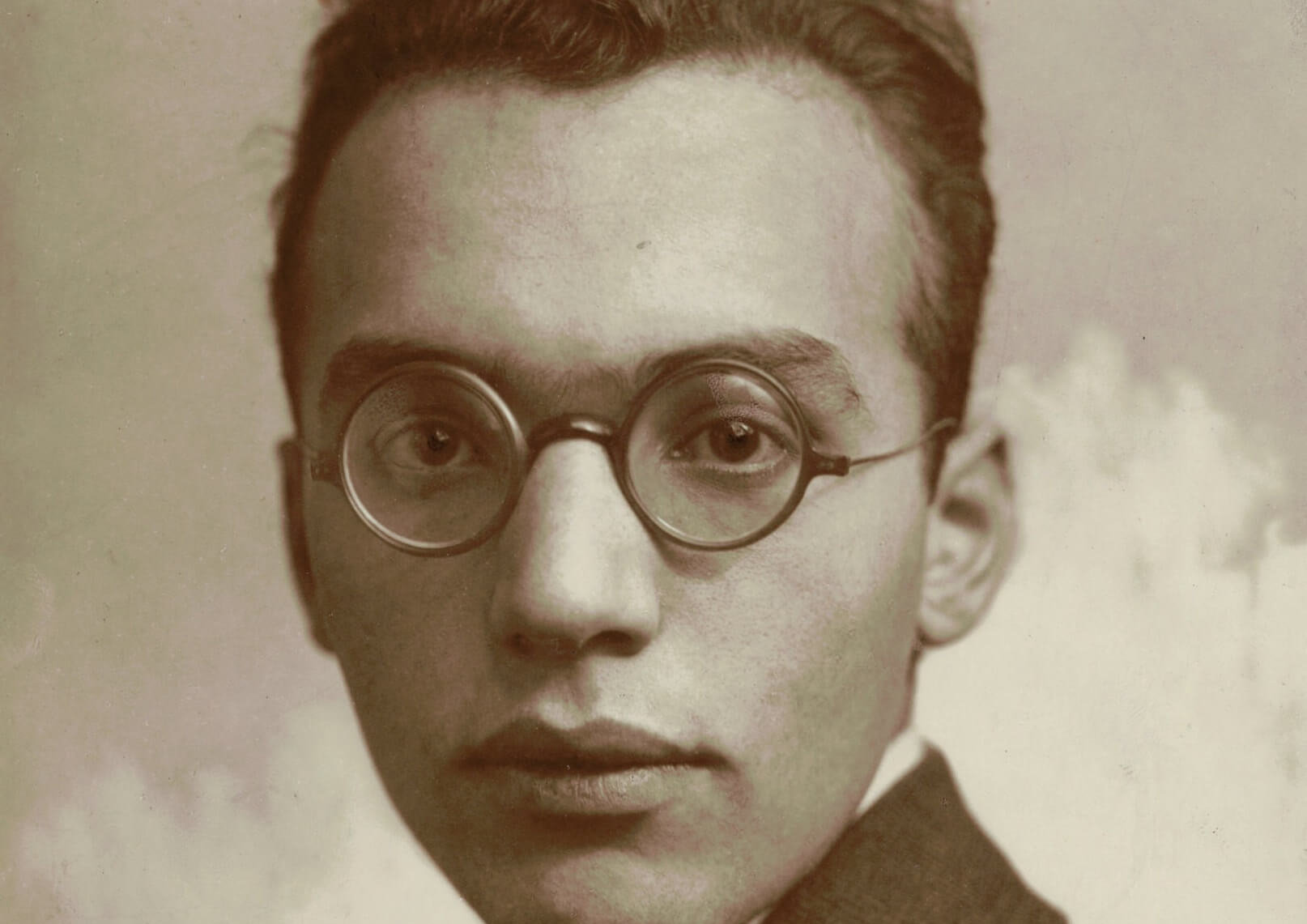
In his collaborations with playwrights Georg Kaiser and Bertolt Brecht, Weill creates a compelling musical style and devotes himself to composing for the theater. He becomes a leading cultural figure in Weimar Germany, and The Threepenny Opera assures him fame and fortune.
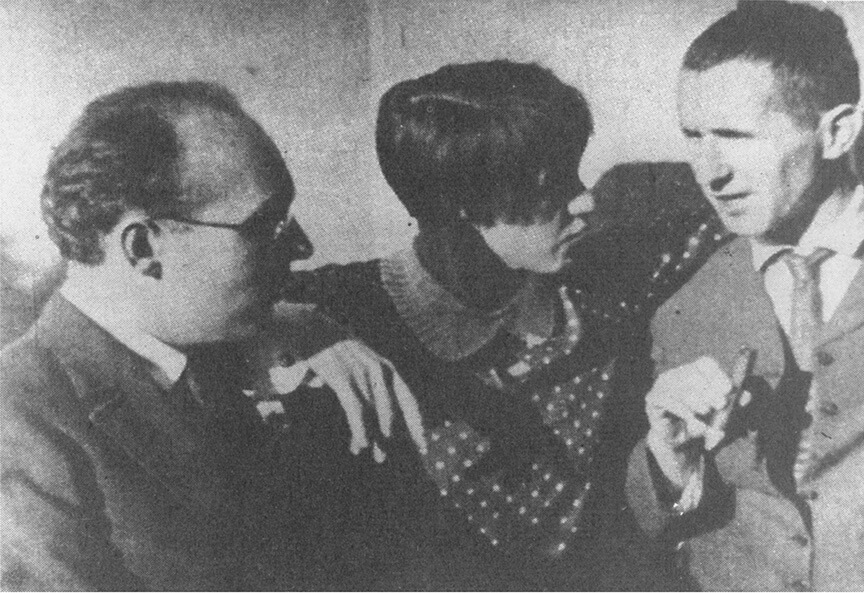
Forced out of Germany by the Nazis, Weill is beset by setbacks--contracts canceled, projects falling through, uncomprehending critics and audiences--as he struggles to survive. He journeys to the U.S. in 1935 and soon decides to make it his home. Broadway rewards him several years later when Lady in the Dark becomes a smash hit.
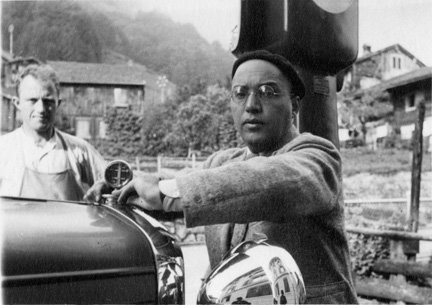
As the U.S. enters World War II, Weill unreservedly joins the fight against Nazi Germany and continues to compose for Broadway and Hollywood. Between the end of the war and his untimely death, he is the driving force behind a series of innovative Broadway shows that re-envision the social role and artistic standing of the musical, and influence generations to come.
